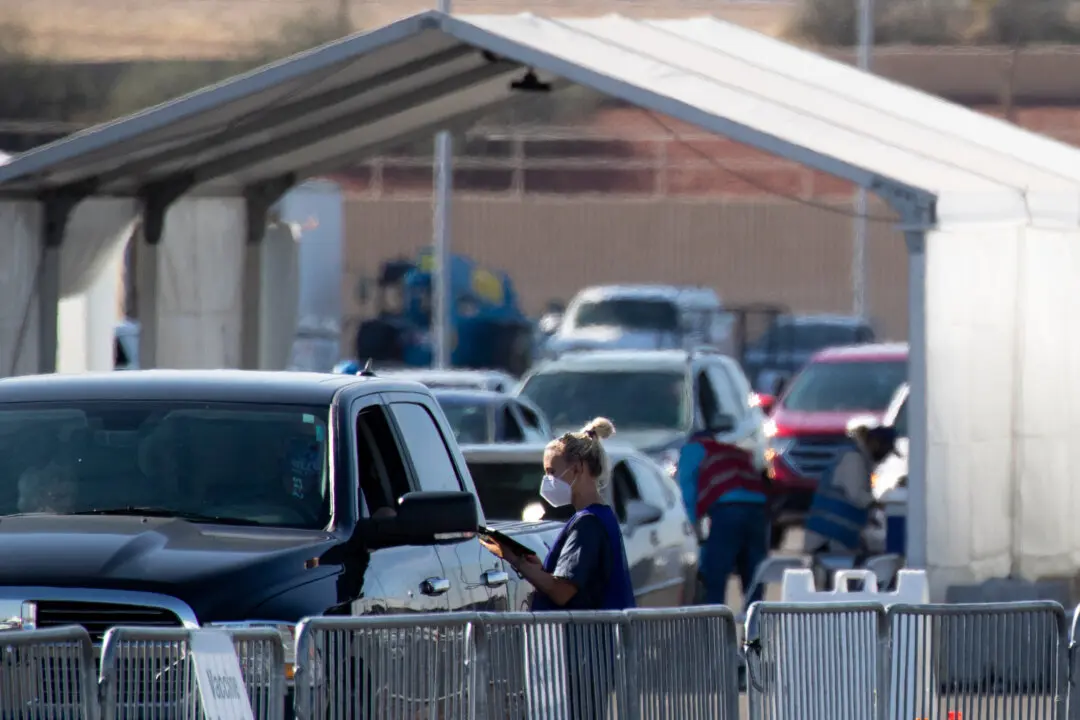NEW YORK—An increasingly popular model of food delivery known as community-supported agriculture groups (CSAs) is allowing local farmers to thrive and New Yorkers to get a variety of great produce for a reasonable price every week for six months of the year.
“In the beginning of the season there’s a lot of lettuce and leafy greens,” said Deborah Kavakos, co-owner of Stoneledge Farm. “But then, as the season progresses, tomatoes and eggplant and peppers, and then summer squash, and then into the fall things change.”





